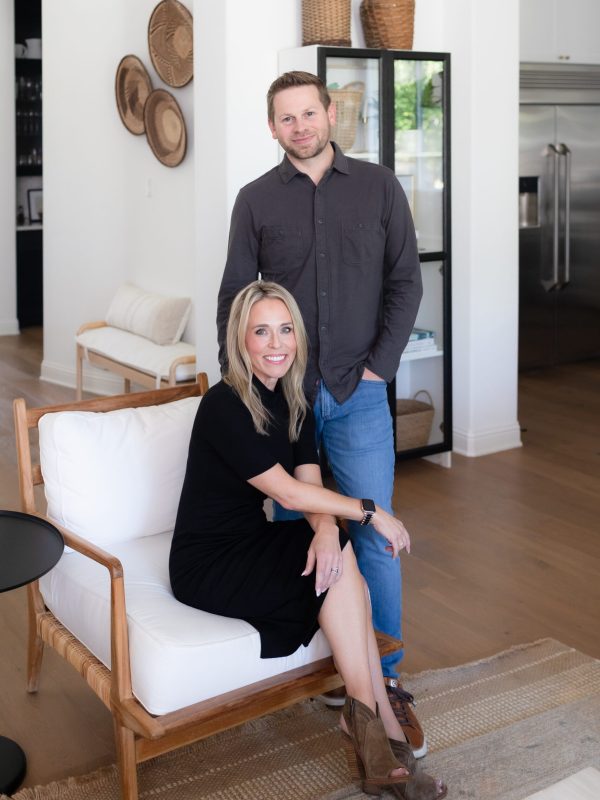
helping you move forward…
Looking beyond the obvious to see what you really need
Amy combined forces with her husband, Chris Sutton, principal and visionary at Sutton Engineering, a full-service design engineering MEP firm. With the support and backing of Sutton Engineering’s MEP and AVL services, Amy was able to take traditional Owner’s Rep services to the next level, offering additional services and oversight as it relates to the design/build world.
Through the process, she fell in love with overall design strategy that makes a church look less corporate and more welcoming – creating a multi-functional space that feels like home, but can welcome the masses. As her role expanded, she quickly found herself partnering with the architect and design-build firm to redesign common spaces. The result? A combined vision the senior pastor had for function, but with the aesthetics and quality she unwaveringly demanded. Her attention to detail and timeless design style allows her to refine a space that appeals to a broader audience.
For almost every church in America, an expansion project, whether your first permanent campus or your next multisite campus, is the largest one-time expense of capital in the history of your church. With this in mind, wouldn’t it be great to experience the kind of growth where a building pays for itself, allowing church leaders the ability to accelerate future growth and free up money to personnel and outreach?
There are 2 distinct challenges to navigating a construction project with this growth mindset:
It’s critical to get this correct from the start. Most lead pastors don’t have the time or specialized background for this. They hire a trusted outside expert to navigate the process and challenges that come with church construction.
Church owner’s representatives know what questions to ask, how to create the systems that facilitate accountability and communication to keep everyone on the team accountable to the process. Having an owner’s rep who understands finance, budgets, AVL coordination, FFE procurement, other planning-related responsibilities, is as, if not more, important than knowing how things are built.
The ‘basic’ scope of services assigned to the owner’s representative is centered on project management, coordination, facilitation, oversight, and monitoring during the design, procurement, and construction phases of a project.
Within this basic scope of services, the owner’s representative works alongside the design professional and construction contractor to observe, report, advise, and coordinate the progress of the work throughout the project lifecycle.
Typically, the owner’s representative does not undertake primary responsibility for design or construction-related tasks typically assigned to the design professional and contractor. However, owner’s representatives may—and often do—take on additional roles and responsibilities that may overlap for the benefit of the owner/client.
Given their central role on the owner’s side of the project table, owner’s representatives have a significant and direct impact on the success a project.
Both private owners and public-sector clients are retaining project advisors to supplement their internal management and administrative capabilities and address gaps in services rendered by the design professional, commissioning agent, and construction contractor.















Because owner’s representatives are generally tasked with tracking, monitoring, and evaluating every aspect of the project and project team, a successful owner’s representative should have a thorough understanding of a broad range of technical, administrative, and contractual knowledge—as well as an effective communication style.
Furthermore, owner’s representatives should possess a high degree of competency not only with traditional project management and administration processes and methods, but they should also be well-versed in the issues associated with building information models, computer-based schedule programs, web-based file management and information systems, and other engineering and construction technology tools being used by the construction firms.
Owners engaged in large-scale projects that lack in-house project management capabilities will rely on the third-party owner’s representative to understand, manage and utilize these tools during the project, and post-occupancy.
“
from happy clients




Copyright © 2023. All Rights Reserved. Design by BGDdesigns.com